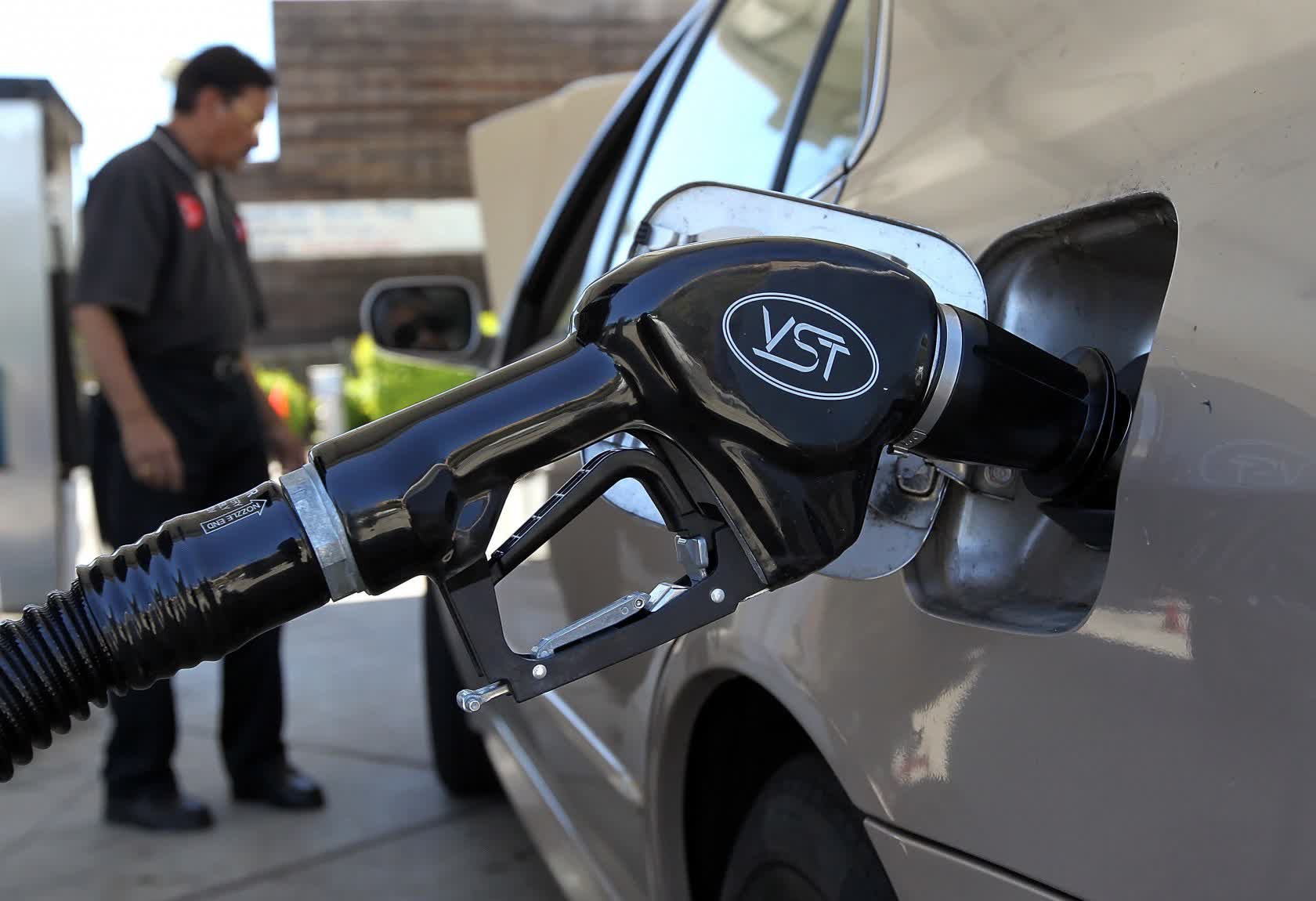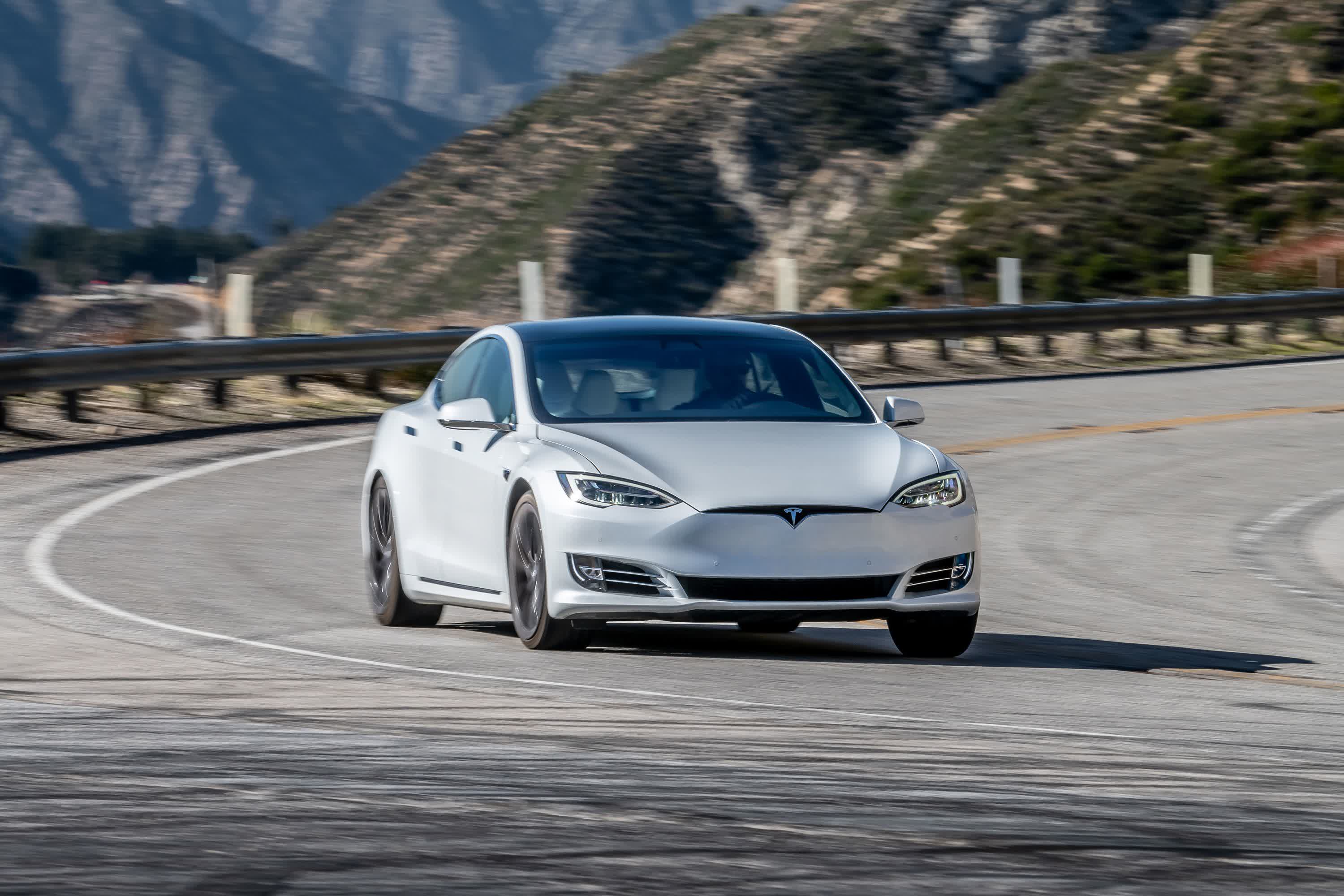In brief: In its "2050 Decarbonization Roadmap," Massachusetts has announced an ambitious plan to boost EV ownership and cut emissions: in 2035, the sale of all new gas-powered vehicles will be banned. Used vehicle sales will be exempt from this policy, however.

This upcoming rule is the second such statewide ban we've seen to date, with the first being California's identical rules (which have the same 2035 deadline).
It's clear that Massachusetts took inspiration from the west coast state, but in this case, that's hardly a bad thing (at least, if you're in favor of EVs).
Naturally, used vehicle sales will be exempt from these rules. In 2035 and beyond, you'll still be able to grab a pre-owned gas-powered vehicle from your dealer of choice, or a private owner.

Still, this rule is sure to be troublesome for carmakers that plan to continue doing business in these two states. The full impact the rules will have for the industry at large remains to be seen.
If other states follow the lead of California and Massachusetts (say, the majority of the US), that may be enough to force carmakers to stop producing gas-powered vehicles in the country, which would be a tremendous shift for American mobility.
If that does happen, we can only hope that EV infrastructure can keep up. After all, what good is an EV revolution if there aren't enough charging stations to support it?
https://www.techspot.com/news/88161-massachusetts-aims-ban-sale-new-gas-powered-vehicles.html